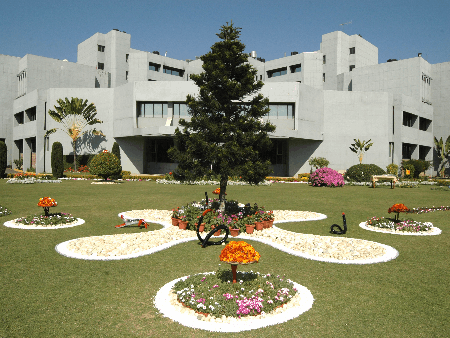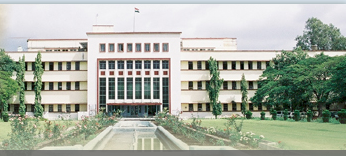The Indian Institute of Chemical Technology (IICT) is a premier research and development organization dedicated to advancing chemical sciences. Aspiring candidates seeking to build a career in scientific research and development within a respected national institute will find IICT a promising platform. General eligibility often includes relevant postgraduate degrees in science or engineering disciplines, depending on the specific role.
About Indian Institute of Chemical Technology

The CSIR-Indian Institute of Chemical Technology (CSIR-IICT) is one of the oldest National Laboratories under the Council of Scientific & Industrial Research (CSIR). It started as the Central Laboratories for Scientific & Industrial Research (CLSIR) by the then princely State of Hyderabad in 1944. CSIR-IICT during its seventy year journey has made its mark as a dynamic, innovative and result oriented R&D organization. The clientele spans all comers of the globe. In India it is the reliable destination of chemical and biotech industries. The reputation that CSIR-IICT could establish amongst the industrial clients as a reliable R&D partner, can be largely attributed to its rich pool of scientists with expertise in broad ranging research areas and simple and effective business development strategies.
Official Address
Contact Information
- 91-040-27193719
- 040-27160387
- Visit Official Website
This organization has released 7 recruitment notifications in the last 3 years.
Expired / Closed Notifications
-
IICT Invites Application for 12 Project Associate Recruitment 2021Closed: Dec 29, 2021
About IICT Careers
The Indian Institute of Chemical Technology (IICT) is a leading national laboratory under the Council of Scientific & Industrial Research (CSIR). It plays a pivotal role in chemical science and technology research in India. A career at IICT offers a unique opportunity to contribute to groundbreaking research and innovation.
| Details | Indian Institute of Chemical Technology (IICT) |
|---|---|
| Type | Research & Development Institute (Government of India) |
| HQ | Hyderabad, Telangana |
| Entry Gate | CSIR NET, GATE, Direct Recruitment |
| Salary Range | As per 7th Pay Commission guidelines, typically Level-10 and above for scientific posts. |
Organization Overview
Established in 1950, IICT (formerly Regional Research Laboratory) has evolved into a globally recognized center for excellence in chemical research. It focuses on areas like catalysis, materials science, pharmaceuticals, and process development. IICT fosters a vibrant research environment, encouraging scientific curiosity and innovation.
Key Job Profiles
IICT primarily recruits for scientific and technical positions. Common roles include:
- Scientific Officer
- Research Associate
- Technical Assistant
- Postdoctoral Fellow
- Administrative and support staff
Salary & Benefits
Employees at IICT are compensated as per the Government of India's 7th Pay Commission recommendations. This includes a competitive basic pay, dearness allowance (DA), house rent allowance (HRA), and other benefits such as medical facilities, leave travel concession (LTC), and retirement benefits. Scientific positions often start at Level-10 or higher, offering attractive remuneration and career growth.
Selection Process
The selection process for IICT recruitment typically involves multiple stages. Candidates are usually shortlisted based on their academic qualifications and performance in screening tests or interviews. For scientific positions, a national-level entrance exam like CSIR NET or GATE might be a prerequisite. The final selection is based on interviews and a review of research potential.
How to Crack IICT Exams
To excel in IICT recruitment, a strong academic foundation in the relevant discipline is paramount. Candidates should thoroughly understand the syllabus for their applied post and prepare for competitive examinations like CSIR NET or GATE. Focusing on conceptual clarity, consistent practice, and staying updated with recent advancements in chemical sciences will significantly enhance your chances of success. Strong research aptitude and communication skills are crucial for interview stages.
Disclaimer: All details are sourced from official notifications. MySarkariNaukri.com provides informational guidance only and is not affiliated with any government agency.
Verification Source: https://www.iict.res.in/
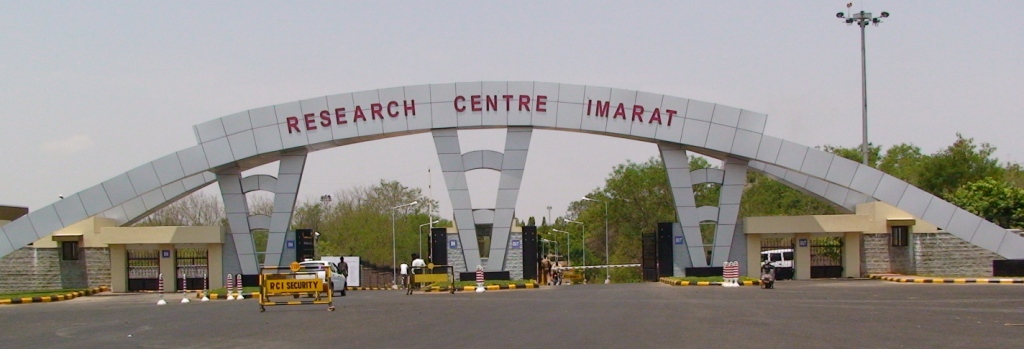
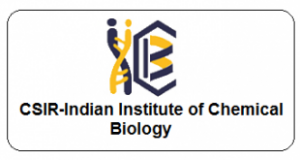
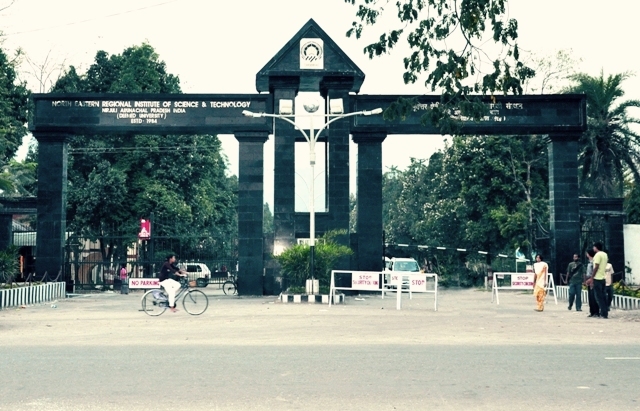

.png)
